The Red de Estudios de Ciencias y Saberes en Latinoamérica y el Caribe is making the history of science, technology, the environment, and medicine, more inclusive. Historians who are part of this network are demonstrating that the Western scientific tradition has developed in conversation with other, often colonized, peoples. Scientists from around the world have drawn inspiration from Latin America’s popular, Indigenous, Afro-descendant, and creolized ways of understanding and manipulating nature.
Participants in our network strive to foreground the many unrecognized contributors to scientific work: porters, local guides, wives and family members, technicians, herbal specialists.
RECSLAC was officially formed in 2022 with support from a 5-year grant from the U.S. National Science Foundation. We host this website, which aggregates existing materials and commissions new work. We
also sponsor:
- teaching workshops (planned for 2023, 2024 and 2025) to assist historians of science integrate materials on Latin America and the Caribbean into courses
- conference panels and presentations
- workshops and mentorship programs for graduate students and emerging scholars
- collaborations leading to publication
Steering Committee
RECSLAC is guided by a steering committee of emerging and established academics. Half come from Latin America and half from the United States. Steering committee members work in the history of medicine, technology, social sciences, environment. They study race, museums, astronomy, geography, energy regimes, indigenous and afro-descendant knowledge.
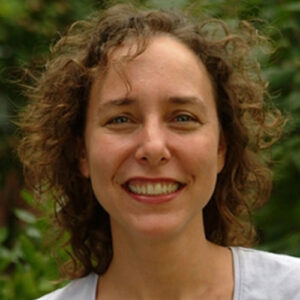 Karin Rosemblatt, Professor, University of Maryland
Karin Rosemblatt, Professor, University of Maryland
Karin Rosemblatt studies the histories of race thinking and anthropology in twentieth century Mexico and Chile.
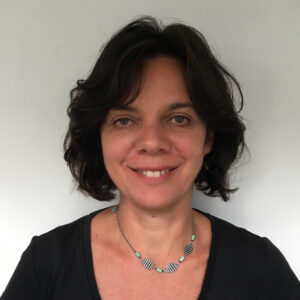 Miruna Achim, Associate Professor, Universidad Autónoma Metropolitana-Cuajimalpa
Miruna Achim, Associate Professor, Universidad Autónoma Metropolitana-Cuajimalpa
Miruna Achim studies the historíes of scientific collecting and museum making from the sixteenth to the twenty-first centuries.
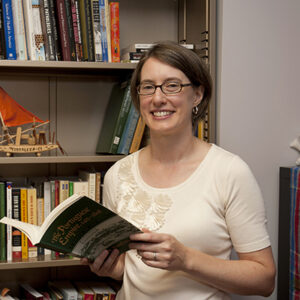
Eve Buckley, Associate Professor, University of Delaware
Eve Buckley studies the history of science, health, and environment in twentieth-century Brazil. She explores how science and technology have addressed poverty and underdevelopment.
 Juan Sebastián Gil-Riano, Assistant Professor, University of Pennsylvania
Juan Sebastián Gil-Riano, Assistant Professor, University of Pennsylvania
Juan Sebastián Gil-Riaño is a transnational historian focusing on scientific conceptions of race, culture, and indigeneity in the twentieth century.
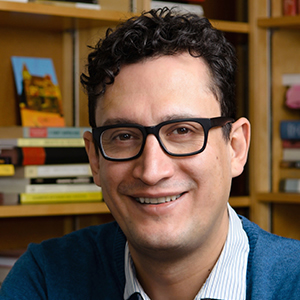 Pablo Gómez, Associate Professor, University of Wisconsin – Madison
Pablo Gómez, Associate Professor, University of Wisconsin – Madison
Pablo Gómez studies the history of knowledge, health, and corporeality in Latin America, the Caribbean, the African diaspora and, more generally, the Iberian and Black Atlantic Worlds.
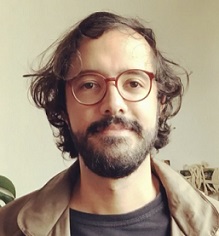 Thiago Lopes, Postdoctoral Researcher, Casa de Oswaldo Cruz
Thiago Lopes, Postdoctoral Researcher, Casa de Oswaldo Cruz
Thiago da Costa Lopes is a sociologist and historian of science studying cultural diplomacy, the social sciences, and community development policies in the Americas in the mid-20th century.
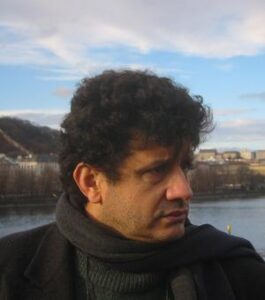 Carlos López Beltrán, Professor, Universidad Nacional Autónoma de México
Carlos López Beltrán, Professor, Universidad Nacional Autónoma de México
Carlos López Beltrán studies the history and philosophy of the life sciences, focusing especially on views and practices of the hereditary transmission of disease and the racialization of biomedical sciences in early modern and modern England, France, and Mexico.
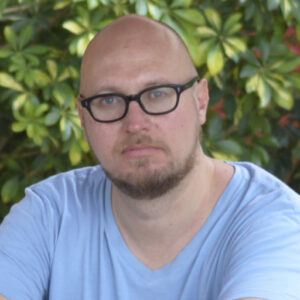 Stefan Pohl Valero, Associate Professor, Universidad del Rosario
Stefan Pohl Valero, Associate Professor, Universidad del Rosario
Stefan Pohl Valero’s research interests center on the history of nutrition, public health, and the relationship between science, experts, power, and the state.
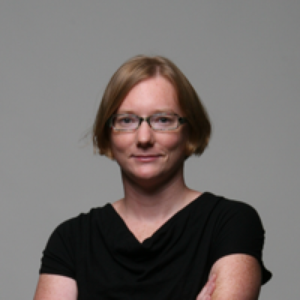 Megan Raby, Associate Professor, University of Texas at Austin
Megan Raby, Associate Professor, University of Texas at Austin
Megan Raby studies the history of ecology and environment, focusing on the transnational connections of science across the United States, the Caribbean, and Latin America in the twentieth century.
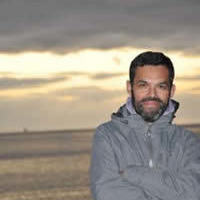 Carlos Sanhueza-Cerda, Associate Professor, Universidad de Chile
Carlos Sanhueza-Cerda, Associate Professor, Universidad de Chile
Carlos Sanhueza-Cerda studies the circulation of travelers and knowledge between Latin America, Europe, and North America in the nineteenth and twentieth centuries.
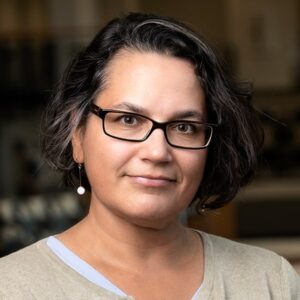 Julia E. Rodriguez, Associate Professor, University of New Hampshire
Julia E. Rodriguez, Associate Professor, University of New Hampshire
Julia E. Rodriguez’s research focuses on the history of social sciences in Latin America, Europe, and the Americas, with a focus on the origins of transnational Americanist anthropology.
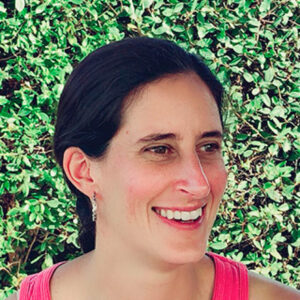 Elisa Sevilla Pérez, Professor, Universidad San Francisco de Quito
Elisa Sevilla Pérez, Professor, Universidad San Francisco de Quito
Eliza Sevilla Pérez studies the history of disaster risk from the perspective of the history of emotions and history of knowledge circulation. She seeks to understand the root causes of urban risk in Quito.
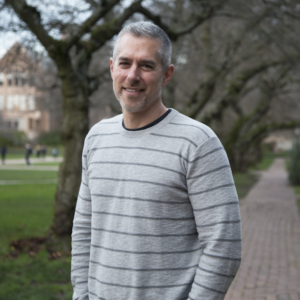 Adam Warren, Associate Professor, University of Washington
Adam Warren, Associate Professor, University of Washington
Adam Warren studies the history of medicine and scientific experimentation in the late colonial period and the national period, focusing on Peru and the Andes.